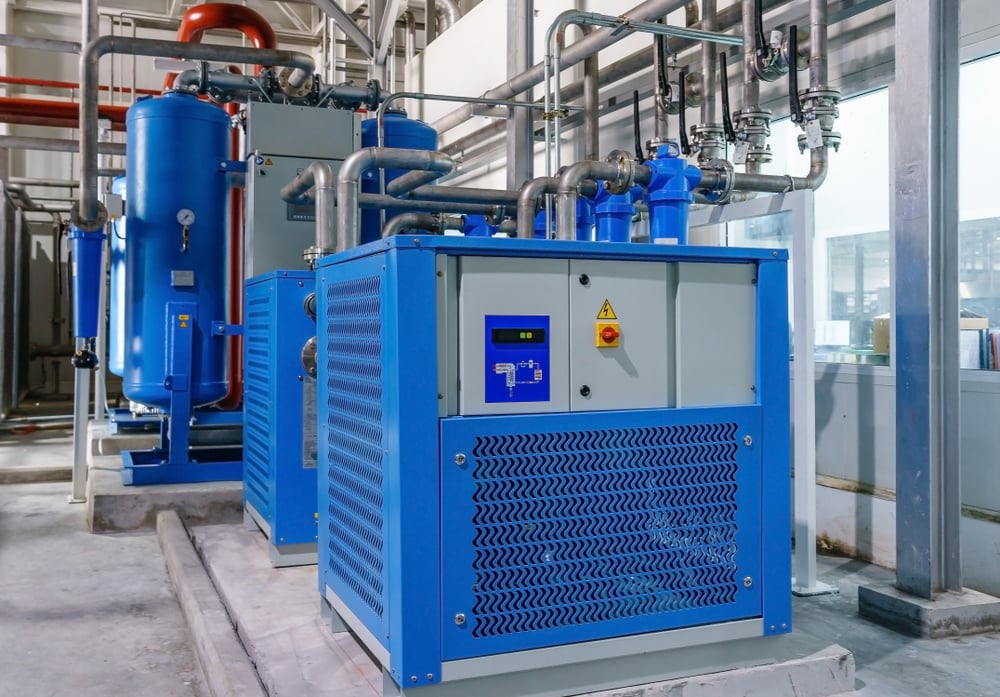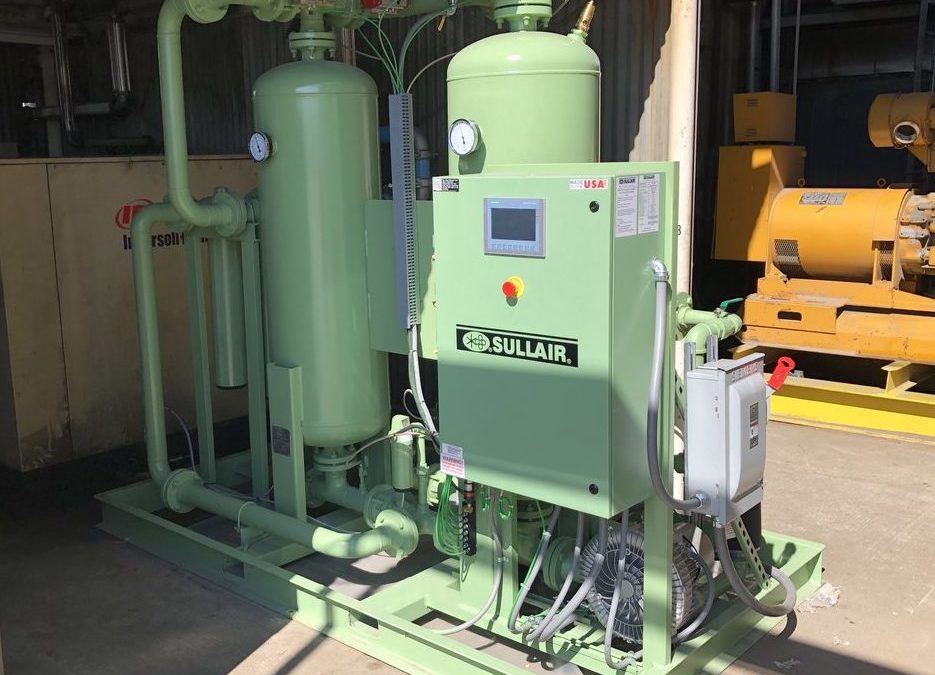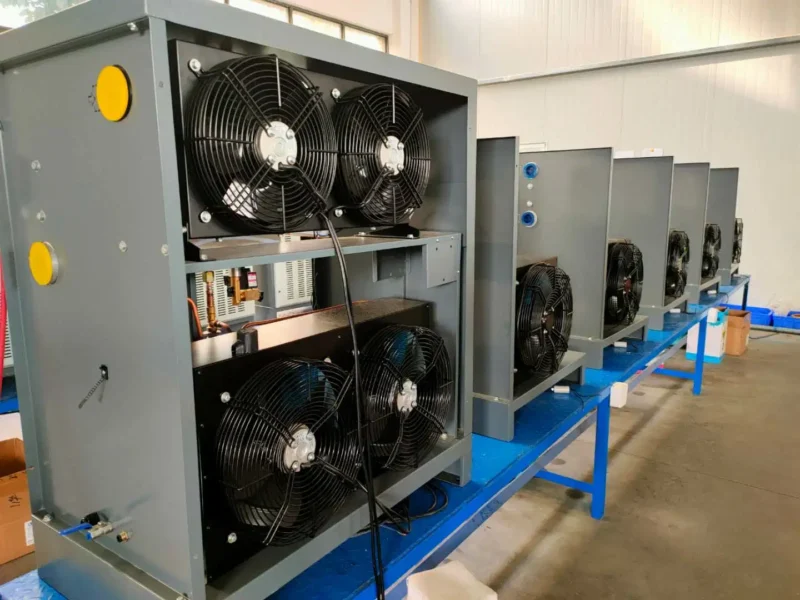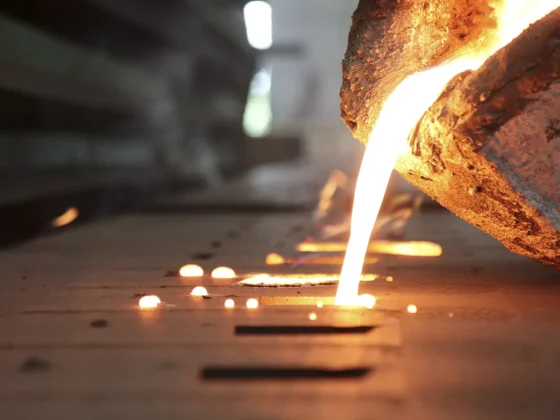When it comes to industrial air drying, two solutions often come up: desiccants and refrigerated air dryers. But which one is the best for your application? To answer this question, we need to take a closer look at each option and compare them side-by-side.
In this article, we will examine the differences between desiccant and refrigerated air dryers to identify their strengths and weaknesses in various scenarios. Well, analyze how each type of air dryer works, what types of applications they are suitable for, and ultimately determine which is more suited for a given situation based on cost-effectiveness and performance capabilities.
Advantages of Refrigerated Air Dryers
Refrigerated air dryers offer several advantages over desiccant systems. Firstly, installation and maintenance are simpler due to the fewer components in a refrigerated system.
Secondly, no compressed air is consumed by a refrigerated dryer, meaning it does not increase operating costs like some other methods of drying compressed air would. Thirdly, since no outside heat source is required for operation, refrigerant dryers are more efficient than desiccant models when it comes to energy consumption.
Fourthly, these units can handle higher temperatures better than their counterparts; this means they remain effective even in hot climates. Finally, because the dew point of the output from a refrigeration system can be lower than that of an equivalent-sized desiccant unit – meaning there will be less moisture present in your compressed air applications – you’ll save on parts replacement at greater intervals than with other systems.
Disadvantages of Desiccant and Refrigerated Air Dryers

A key disadvantage of desiccant and refrigerated air dryers is their size. Desiccant dryers are typically larger and heavier than refrigerated models due to the presence of an absorbent material that requires a lot of room, making them difficult to install in confined spaces.
Refrigerated air dryers also require quite a bit of space for the cooling coils, filters, condensate separators, and other components needed for operation. Another issue with both types of air dryers is their relatively high energy consumption when compared to compressed air systems without any type of drying system. In addition, many desiccant units must be periodically recharged by cycling dried outside air through its absorptive media which can result in higher operating costs over time.
Finally, if not properly maintained or used correctly both types of systems can lead to moisture issues such as corrosion or freezing temperatures in certain applications which may further increase operational costs or cause damage to downstream equipment.
Cost Comparison Between Desiccant and Refrigerated Air Dryers
When it comes to cost comparison between desiccant and refrigerated air dryers, there is a significant difference. Desiccant air dryers require the purchase of both the equipment and additional replacement media that needs to be replaced periodically while those using refrigerated air dryers only need to invest in the initial equipment.
Desiccant systems also require an energy source for regeneration which adds to their long-term costs whereas refrigeration-based systems are powered by electricity alone. In addition, installation costs may be higher with desiccants as they typically require more space than comparably sized refrigerated units due to their design complexity and the components used.
On average, however, total operating costs associated with either type of system tend to be lower than other methods such as compressed air treatment or atmospheric cooling. Ultimately, when considering purchasing a new system or replacing an existing one, it is important for users to carefully consider all factors related to cost savings before making a decision.
Conclusion

Air Dryers are a great way to keep your air clean and free from moisture. Desiccant and Refrigerated Air Dryers both offer unique benefits that make them suitable for different applications.
Desiccant Air Dryers provide more cost-effective drying solutions in warm, humid climates while Refrigerated Air Dryers are better suited for cold environments where they can cool the air as well as dry it out. By comparing their pros and cons, you can determine which type of Air Dryer is best suited to your needs.
Regardless of the type chosen, an effective air dryer will help ensure a safe environment by reducing moisture levels.


